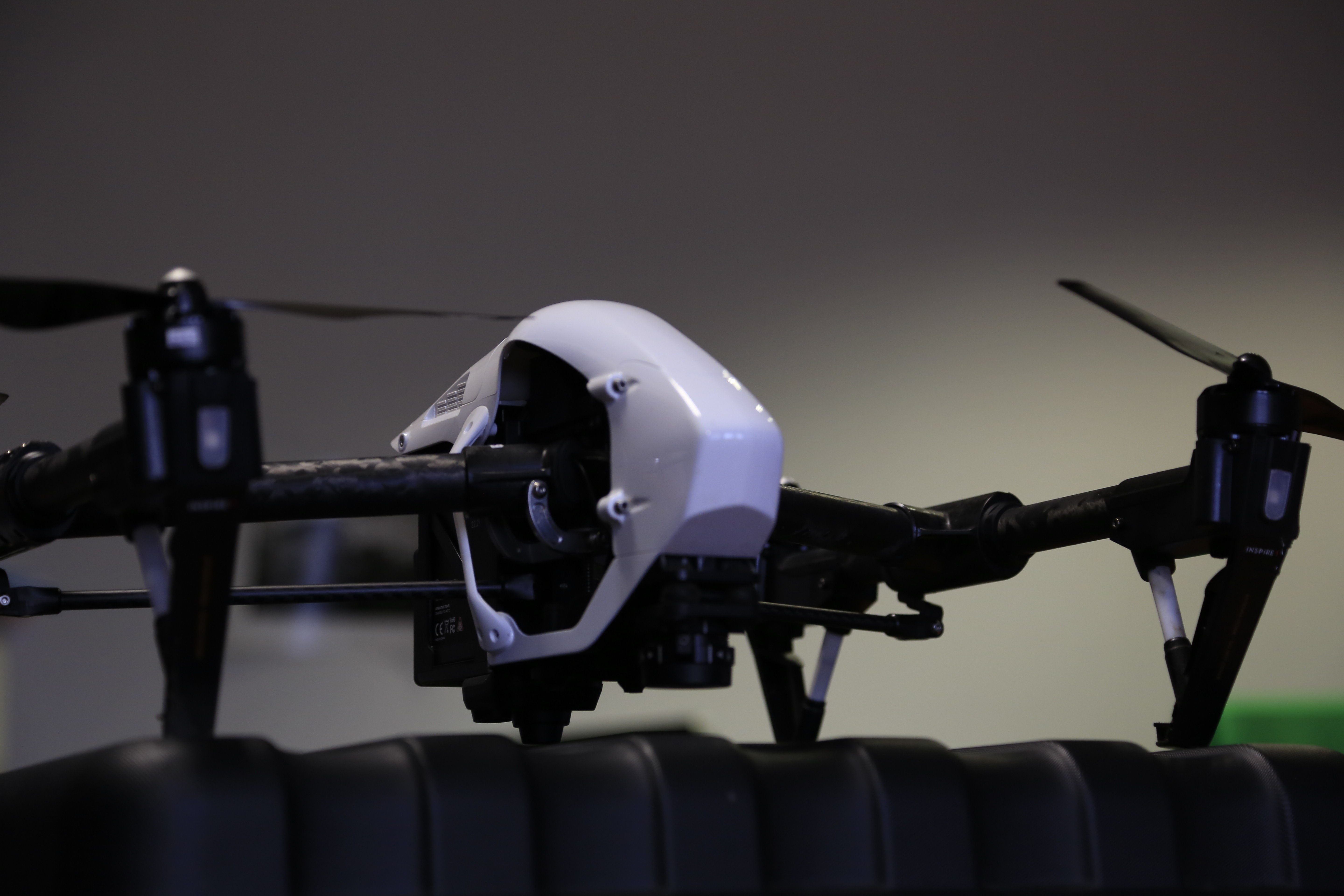WFP And Belgium Start Efforts To Deploy Drones In Humanitarian Emergencies

WFP and Belgium led the first international humanitarian UAV coordination workshop today, bringing together in Brussels experts from the humanitarian, academic, government and private sectors.
UAVs are increasingly recognised by humanitarian organizations for their potential effectiveness in disaster response. Such technology can help humanitarian organizations to quickly collect information, achieve higher data accuracy, and provide safer monitoring systems in emergencies.
“When disaster strikes, WFP and its humanitarian partners must respond as quickly and efficiently as possible,” said WFP Executive Director Ertharin Cousin. “At WFP, we are always looking to pioneer new practices and technologies so we can overcome the challenges we face in the midst of chaos and, ultimately, save lives. Strong partnerships in technology and innovation can foster better, faster, and more coordinated responses.”
Thanks to a €500,000 contribution from the Belgian Development Cooperation, WFP is leading a one-year pilot project to develop the coordinated use of UAVs for disaster response.
“In less than a decade, the cost of responding to humanitarian crises worldwide has increased from €3 billion to more than €20 billion. To respond to these growing needs, we have to invest more in innovation,” said Belgian Deputy Prime Minister and Minister of Development Cooperation Alexander De Croo.
“Only one percent of the humanitarian sector’s turnover currently goes to innovative solutions. We need to step up these efforts. That is why Belgium actively supports partners such as the WFP to foster innovation and explore new responses to humanitarian crises. The WFP’s humanitarian drones programme is a good example of this. Humanitarian drones are a new, innovative solution that will provide better data to improve humanitarian aid efficiency in the years to come.”
The Belgian-funded WFP initiative aims to design solutions for the effective use of UAV technology for the broader humanitarian community, as well as address potential safety and data protection risks. As part of this effort, four workshops and a simulation exercise will take place in disaster-prone countries this year.
Belgium has established itself as a key partner and donor to WFP projects focusing on innovation and technology in the fight against hunger. In 2016, Belgium contributed more than €28 million to WFP projects, which are supporting nearly eight million people in eight countries.
# # #
WFP is the world's largest humanitarian agency fighting hunger worldwide, delivering food assistance in emergencies and working with communities to improve nutrition and build resilience. Each year, WFP assists some 80 million people in around 80 countries.
Follow us on Twitter @wfp_media
For more information please contact (email address: firstname.lastname@wfp.org):
Jane Howard, WFP/Rome, Tel. +39 06 65132321, Mob. +39 346 7600521
Bettina Luescher, WFP/Geneva, Tel. +41 22 917 8564, Mob. +41 79 842 8057
Gregory Barrow, WFP/London, Tel. +44 20 72409001, Mob. +44 7968 008474
Gerald Bourke, WFP/New York, Tel. +1 646 556 6909, Mob. +1 646 525 9982
